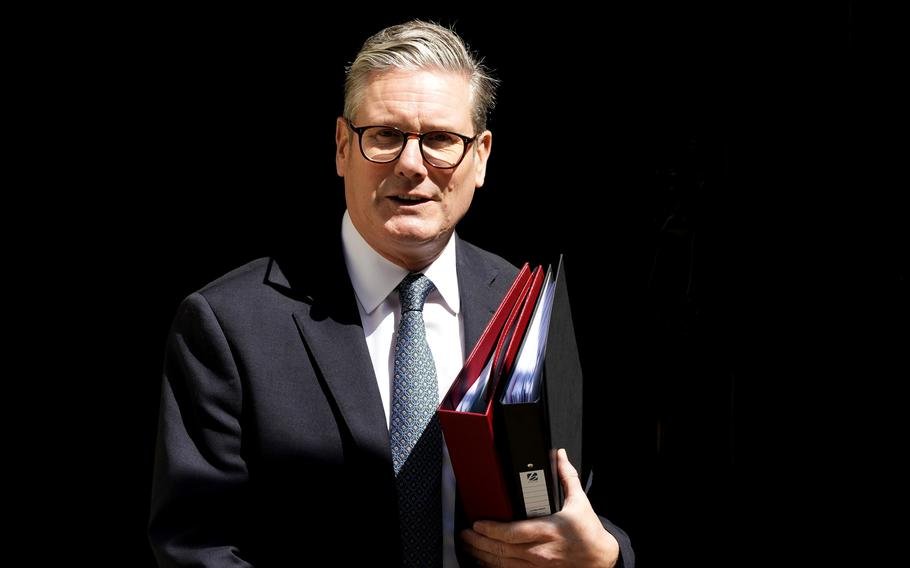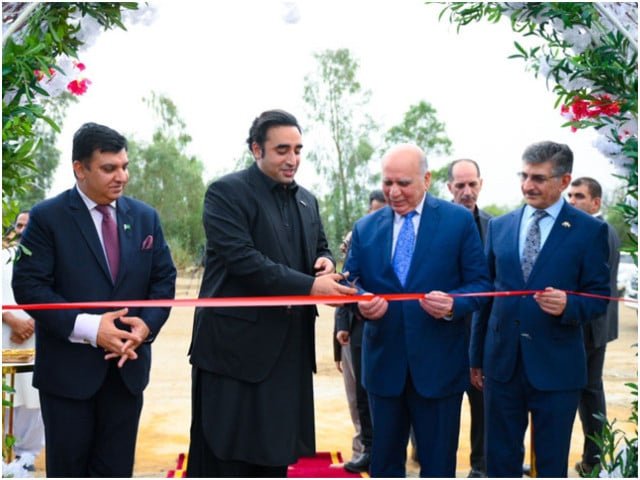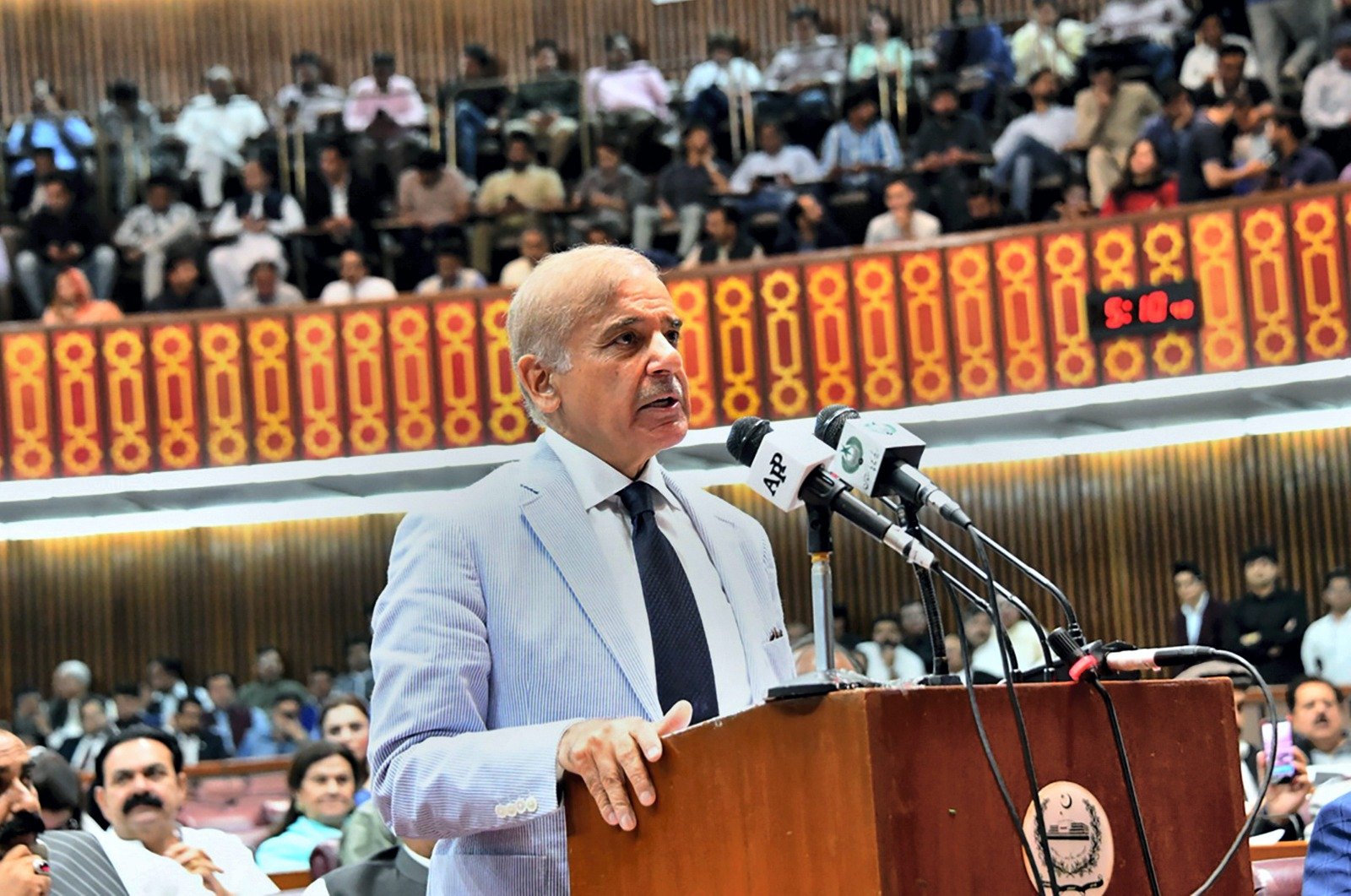The United Kingdom at a Crossroads: Prime Minister Keir Starmer’s Leadership Faces Critical Test Amid Rising Tensions

The United Kingdom stands at a pivotal moment in its history as escalating tensions on the streets cast a spotlight on Prime Minister Keir Starmer’s leadership. The country, known for its democratic ideals and rich multiculturalism, finds itself grappling with a wave of unrest that threatens to unravel the social fabric. As public scrutiny intensifies, critics question whether Starmer possesses the gravitas and resolve to guide the nation through this challenging period. Will he rise to the occasion and pave a path toward cohesion and stability, or will the weight of expectation prove too great?
A Nation in Crisis
History has shown that true leadership often emerges during times of crisis. Prime Minister Starmer now has a unique opportunity to define his legacy by standing firm against the divisive narratives propagated by far-right factions and rallying the country under a banner of inclusivity and resilience. His leadership will be tested as he seeks to counter the far-right’s narrative and unite a nation increasingly divided by xenophobia and fear.
The far-right is not merely a political faction; it is a mindset that has permeated European society for centuries, perpetuating narratives of victimhood and xenophobia. These narratives persuade followers that their cultural identity is under siege, beset by external forces and minority groups.
This mindset has a long and troubling history, driven by a desire to maintain a perceived cultural purity and supremacy, often at the expense of marginalized communities. In the UK, this ideology preys on those experiencing economic hardships and societal changes, offering simplistic solutions to complex problems. Individuals lured by the promises of far-right leaders become pawns in a dangerous game that threatens the very fabric of society. By promising a return to a mythical past of homogeneity and stability, the far right presents itself as the champion of the ‘common people’ while implementing agendas that ultimately serve its own interests.
A Legacy of Strength and Unity
The United Kingdom has a storied history of standing up for the oppressed and championing democratic values. During World War II, the UK was a beacon of hope and resistance against the tide of fascism sweeping across Europe. The nation took a stand against tyranny and fought for a future grounded in freedom and justice. This legacy of courage and solidarity is deeply ingrained in the national consciousness, serving as a reminder of the strength that comes from standing together in the face of adversity.
Today, the UK’s greatest strength lies in its vibrant cultural mosaic. The rich tapestry of languages, traditions, and histories that shape modern Britain is a testament to its ability to embrace change and thrive in a globalized world. This multicultural richness is a source of strength and innovation, propelling the nation forward in an interconnected era.
As someone who has grown up at the confluence of distinct yet interconnected cultures, I have experienced the transformative power of cultural exchange firsthand. My Pakistani heritage instilled in me a sense of community and resilience, while the dynamic spirit of innovation and freedom in my cherished America shaped my worldview. Meanwhile, the United Kingdom has taught me the value of unity amidst differences, highlighting the strength found in embracing diversity.
My appreciation for cultural richness is deeply personal and lived. It has been nurtured by the languages spoken at family gatherings, the traditions celebrated with friends across continents, and the shared stories that connect us. These experiences have instilled in me a profound respect for the global community and the beauty that emerges when diverse threads are woven together.
Embracing Cultural Richness
In our globalized world, cultural interactions are more vital than ever. They challenge us to look beyond our own experiences, fostering empathy, understanding, and cooperation across borders. Our differences are not barriers but opportunities for growth and collaboration. By embracing this variety, we honor our heritages and contribute to a more vibrant, inclusive, and harmonious world.
I am grateful for my unique position, which allows me to witness and celebrate how different cultures enrich our lives. This appreciation fuels my conviction that our strength lies in embracing our collective differences, not homogeneity. The narrative of exclusion and uniformity not only undermines the values of equality and justice but also threatens to unravel the rich social fabric that has been woven through decades of cultural exchange.
To succumb to the far-right’s fearmongering and divisive rhetoric would be to betray the very principles that have made the UK a leading force on the global stage. Recent events have underscored the urgent need to uphold these values, and in this age of rapid information exchange, our commitment to inclusivity and unity has become even more crucial.
Confronting Modern Challenges
In confronting this escalating crisis, social media presents both a formidable challenge and an unparalleled opportunity. It has democratized political discourse, giving a voice to the voiceless and allowing diverse perspectives to flourish. However, it has also amplified the voices of the unhinged, creating echo chambers where extremist ideologies can grow unchecked. The spread of disinformation and propaganda poses a significant obstacle to the UK government as it seeks to navigate the complexities of modern communication.
To address this, Starmer and his government must prioritize the unrelenting dissemination of accurate information and foster open dialogue across political and social divides. This requires a concerted effort to counteract disinformation and promote media literacy, empowering citizens to critically evaluate the information they consume. By fostering an informed and engaged citizenry, the UK can build a resilient democracy that is impervious to the manipulations of extremist ideologies.
Moreover, Starmer must demonstrate a commitment to addressing the underlying issues that fuel far-right sentiments, such as illegal immigration, economic inequality, and social disenfranchisement.
A Balanced Approach to Immigration
Tackling illegal immigration requires a balanced approach that upholds the rule of law while ensuring humane treatment for those seeking refuge. This involves improving border security, streamlining immigration processes, and fostering international cooperation to address the root causes of migration. By implementing policies that promote social mobility, economic opportunity, and inclusive growth, Starmer can help alleviate the anxieties and frustrations that the far-right exploits for its gain.
Addressing these issues requires targeted investments in education and social services, streamlining regulations, promoting entrepreneurship, fostering a thriving economy that empowers individuals through personal responsibility and market-driven solutions, and ensuring that all citizens have access to the resources they need to succeed in a rapidly changing world.
A Defining Moment for Leadership
This is a defining moment for both Starmer and the UK. Will the nation succumb to the nativist and bigoted legacy of Europe, or will it forge ahead on its progressive path of multiculturalism and integration? Starmer has the opportunity to rise above partisan politics and unite the country under a shared vision of hope and inclusivity. By taking a firm stand against the far-right and championing the values that have long defined the UK, he can demonstrate the courage and leadership necessary to guide the nation through its current challenges.
The path forward will not be easy, but by drawing upon the UK’s rich history of resilience and pluralism, Starmer can inspire a new era of unity and progress. For too long, the UK has sidestepped difficult conversations crucial for its progress. Issues of identity, equality, and inclusion have lingered beneath the surface, awaiting a leader bold enough to address them. Now, with events forcing his hand, Starmer must seize this opportunity to confront these debates head-on, demonstrating the leadership required to navigate these perilous paths with wisdom and resolve.
A Call for Action
The UK watches with bated breath, hopeful that in this time of turmoil, a leader will emerge who embodies the very best of what it means to be British. The challenges are immense, but the opportunity for positive change is equally profound. In this defining moment, Prime Minister Keir Starmer must prove that true leadership lies not in rhetoric but in action. The nation awaits his response, eager for a future where unity, inclusivity, and resilience triumph over division and fear.










